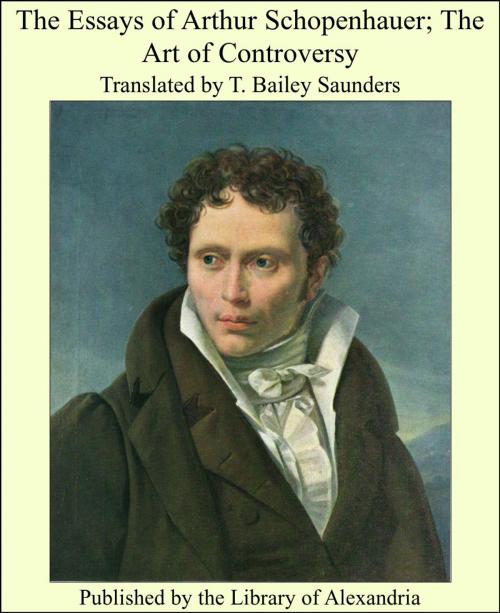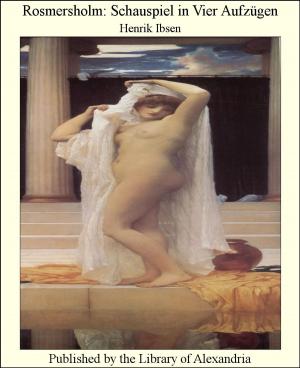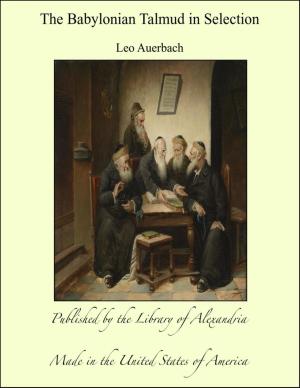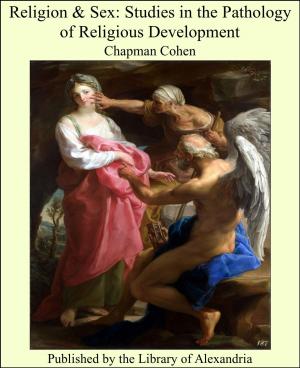The Essays of Arthur Schopenhauer; The Art of Controversy
Nonfiction, Religion & Spirituality, New Age, History, Fiction & Literature| Author: | Translated by T. Bailey Saunders | ISBN: | 9781465502766 |
| Publisher: | Library of Alexandria | Publication: | March 8, 2015 |
| Imprint: | Language: | English |
| Author: | Translated by T. Bailey Saunders |
| ISBN: | 9781465502766 |
| Publisher: | Library of Alexandria |
| Publication: | March 8, 2015 |
| Imprint: | |
| Language: | English |
The volume now before the reader is a tardy addition to a series in which I have endeavoured to present Schopenhauer’s minor writings in an adequate form. Its contents are drawn entirely from his posthumous papers. A selection of them was given to the world some three of four years after his death by his friend and literary executor, Julius Frauenstaedt, who for this and Other offices of piety, has received less recognition than he deserves. The papers then published have recently been issued afresh, with considerable additions and corrections, by Dr. Eduard Grisebach, who is also entitled to gratitude for the care with which he has followed the text of the manuscripts, now in the Royal Library at Berlin, and for having drawn attention—although in terms that are unnecessarily severe—to a number of faults and failings on the part of the previous editor. The fact that all Schopenhauer’s works, together with a volume of his correspondence, may now be obtained in a certain cheap collection of the best national and foreign literature displayed in almost every bookshop in Germany, is sufficient evidence that in his own country the writer’s popularity is still very great; nor does the demand for translations indicate that his fame has at all diminished abroad. The favour with which the new edition of his posthumous papers has been received induces me, therefore, to resume a task which I thought, five years ago, that I had finally completed; and it is my intention to bring out one more volume, selected partly from these papers and partly from his Parerga. A small part of the essay on The Art of Controversy was published in Schopenhauer’s lifetime, in the chapter of the Parerga headed Zur Logik und Dialektik. The intelligent reader will discover that a good deal of its contents is of an ironical character
The volume now before the reader is a tardy addition to a series in which I have endeavoured to present Schopenhauer’s minor writings in an adequate form. Its contents are drawn entirely from his posthumous papers. A selection of them was given to the world some three of four years after his death by his friend and literary executor, Julius Frauenstaedt, who for this and Other offices of piety, has received less recognition than he deserves. The papers then published have recently been issued afresh, with considerable additions and corrections, by Dr. Eduard Grisebach, who is also entitled to gratitude for the care with which he has followed the text of the manuscripts, now in the Royal Library at Berlin, and for having drawn attention—although in terms that are unnecessarily severe—to a number of faults and failings on the part of the previous editor. The fact that all Schopenhauer’s works, together with a volume of his correspondence, may now be obtained in a certain cheap collection of the best national and foreign literature displayed in almost every bookshop in Germany, is sufficient evidence that in his own country the writer’s popularity is still very great; nor does the demand for translations indicate that his fame has at all diminished abroad. The favour with which the new edition of his posthumous papers has been received induces me, therefore, to resume a task which I thought, five years ago, that I had finally completed; and it is my intention to bring out one more volume, selected partly from these papers and partly from his Parerga. A small part of the essay on The Art of Controversy was published in Schopenhauer’s lifetime, in the chapter of the Parerga headed Zur Logik und Dialektik. The intelligent reader will discover that a good deal of its contents is of an ironical character















